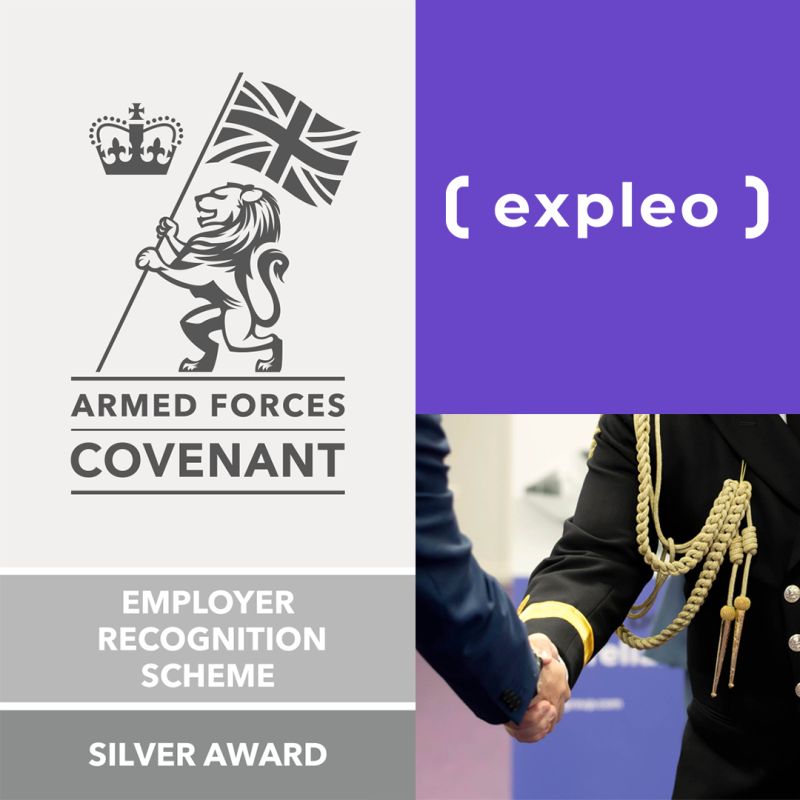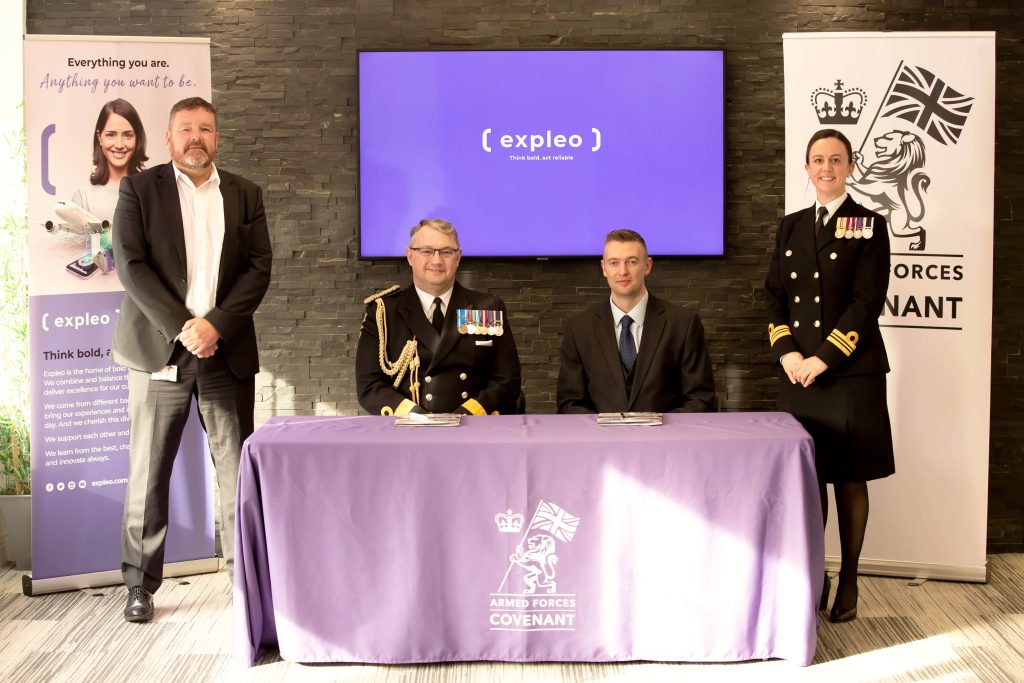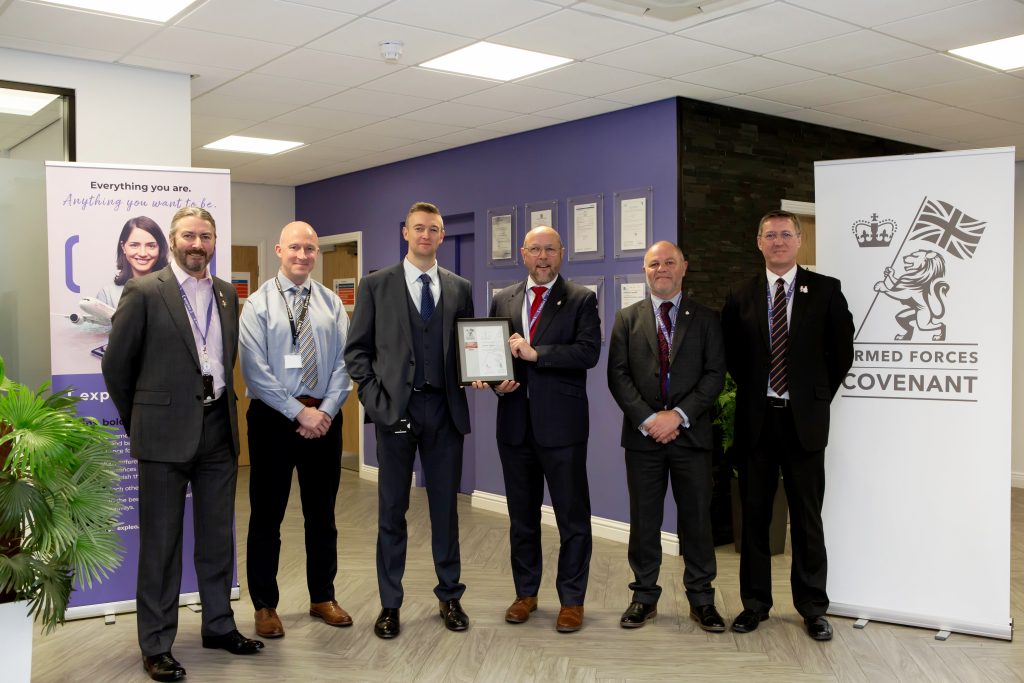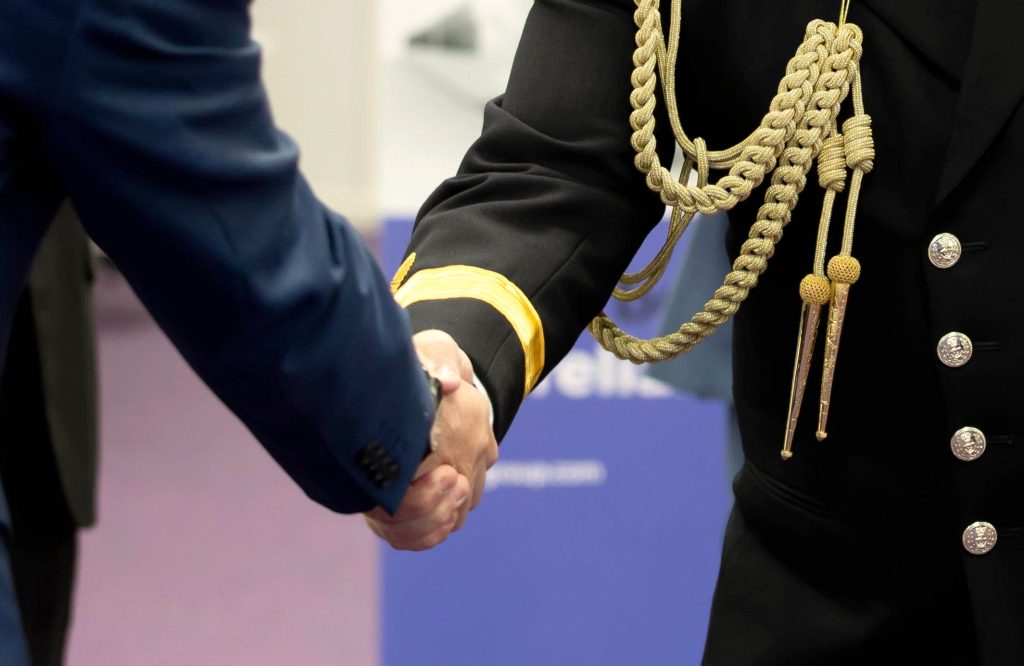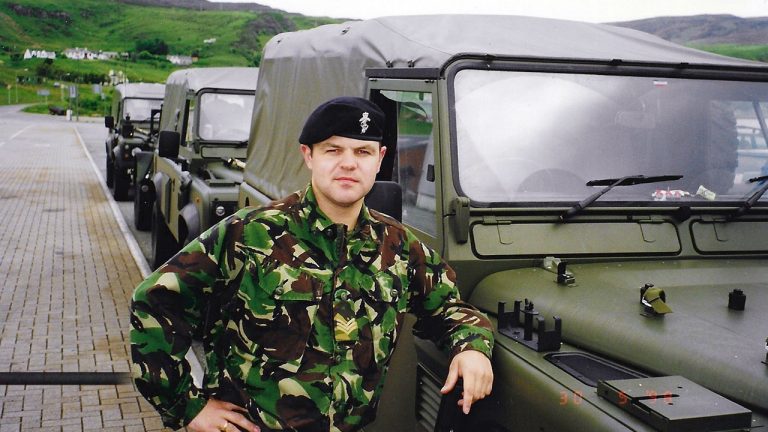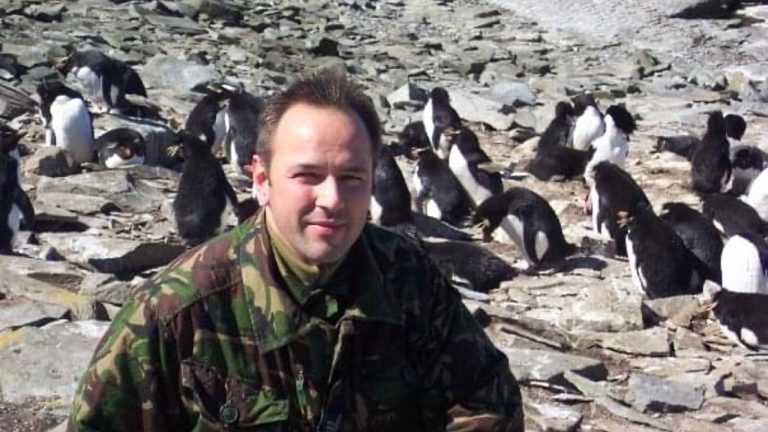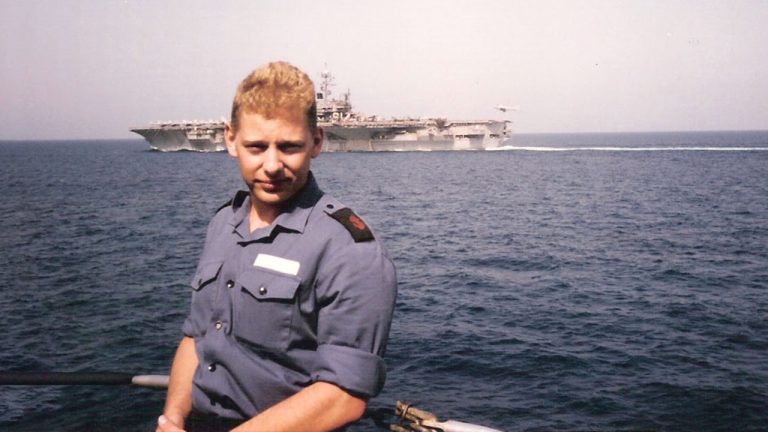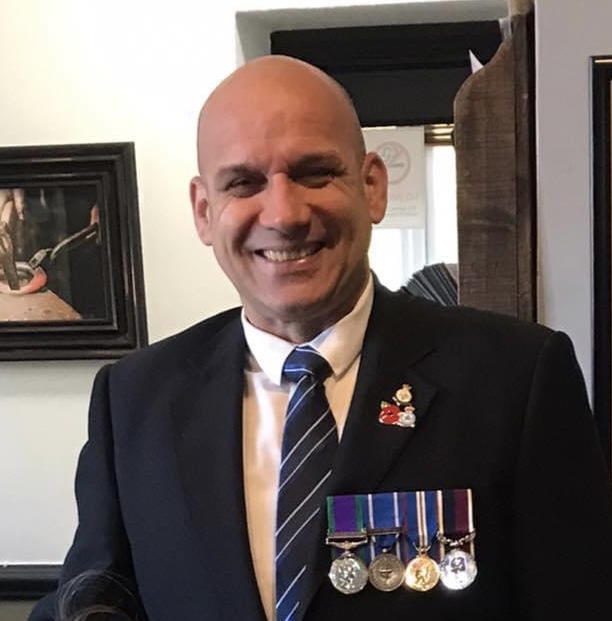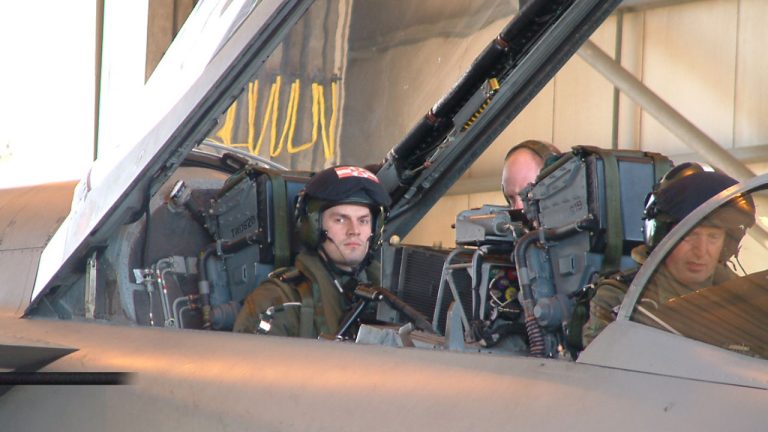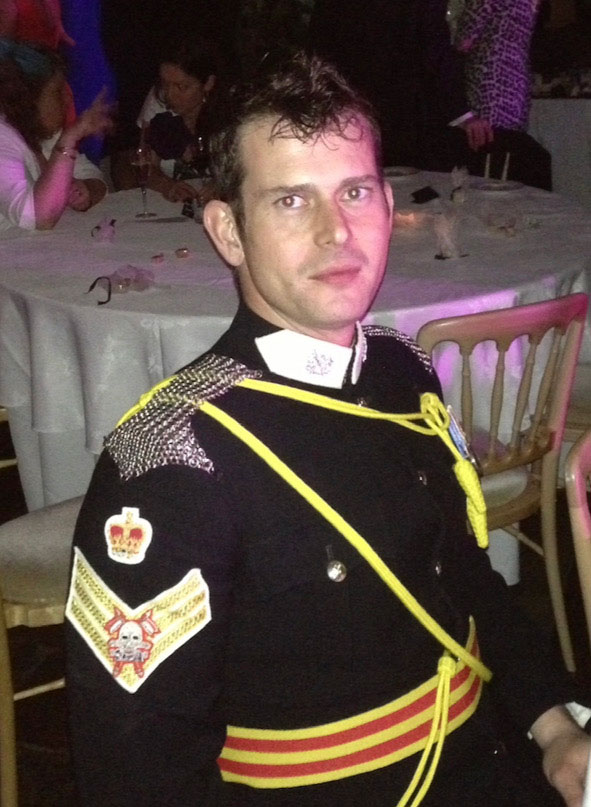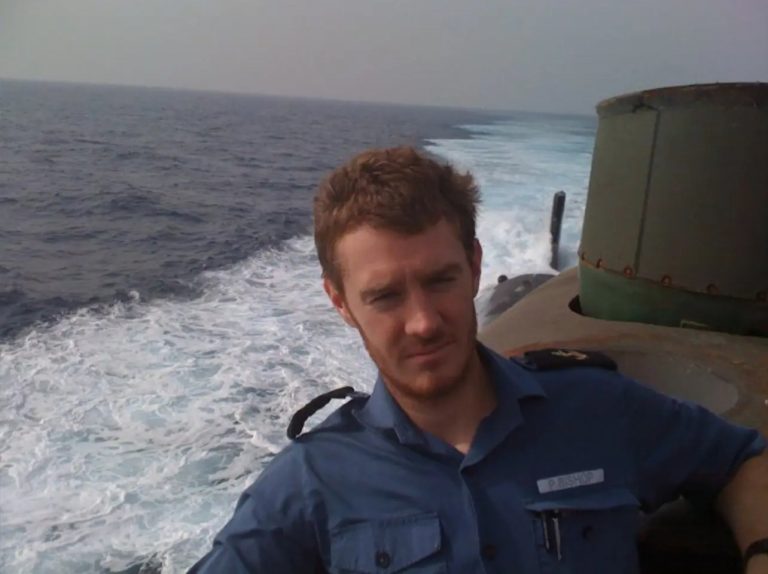Join our ex-forces community and establish your second career
Discover your new direction with Expleo. Whether a veteran, reservist or cadet we are committed to helping you develop a rewarding new career path.
We champion hiring ex-forces personnel, actively recruiting talent from the armed forces community in recognition of the valuable experience, skills and talent. Each year, we welcome many taking their first steps into the corporate world with us.
Expleo offers the opportunity for service leavers and veterans to take the skills they have learned from the armed forces to build a new career and develop even further.
Read some of the stories from our ex-forces veterans who work at Expleo.

Steve
"We are a global organisation and there are plenty of opportunities to develop and to grow"
Discover more
Andrew
"I went from spending my time in the RAF walking the flight line to leading teams of engineers in Expleo helping develop the next generation of aircraft"
Discover more
David
"In my team there are quite a few ex-forces colleagues, and that feels very familiar, like a continuation of my military career"
Discover more
Robert
"Expleo gave me the freedom to use my transferable skills that I gained in the Air Force"
Discover more
Ron
"Expleo has given me the ability to make an impact on the world around me and my colleagues"
Discover more
Steven
"From the Armed Forces to a civilian role at Expleo was a significant shift, but the company and its culture greatly facilitated this transition"
Discover more
Philip
"There’s lots of ex-veterans here and they’ll help put you at ease"
Discover moreEx-Forces Community
We offer structured career development for all employees, with guidance to help you maximise personal and professional growth. Engineers can benefit from a career path mapped against the Engineering Council UK-SPEC to guide you through to CEng status. You will be assigned an Expleo mentor from the ex-forces community to provide support and guidance throughout your career.
Ex-forces personnel are represented throughout Expleo’s organisation – from recruitment teams to management, read some of their stories. Our vibrant community members share news and provide peer support to each other, wherever they are in the country. The group is a central source of information to advise the management team on the wider ex-forces community, particularly when engaging with customers in the defence business.
Expleo signed the Armed Forces Covenant, making clear its intention to provide even greater support to the forces by improving its ways of working and policies over time – for candidates and employees.
We have committed to several actions as part of signing the covenant:
- Recognising the value service leavers and veterans bring to the business
- Supporting reservists, military spouses/partners, cadets and cadet leaders through a flexible leave policy that enables training, deployment or support
- Recognising candidates’ military skills and qualifications in its recruitment and selection process
- Working with the Career Transition Partnership (CTP) to support the employment of service leavers
- Promoting Armed Forces Day, Reserves Day, the Poppy Appeal and remembrance activities
Expleo signed the Armed Forces Covenant, making clear its intention to provide even greater support to the forces by improving its ways of working and policies over time – for candidates and employees.
We have committed to several actions as part of signing the covenant:
- Recognising the value service leavers and veterans bring to the business
- Supporting reservists, military spouses/partners, cadets and cadet leaders through a flexible leave policy that enables training, deployment or support
- Recognising candidates’ military skills and qualifications in its recruitment and selection process
- Working with the Career Transition Partnership (CTP) to support the employment of service leavers
- Promoting Armed Forces Day, Reserves Day, the Poppy Appeal and remembrance activities
Ex-Forces Benefits
We understand the specific needs of military families and spouses, appreciating the additional flexibility and support required during a partner’s deployment
Expleo offers 25 days of paid holiday per year plus bank holidays and additional time off for volunteering activities, training, and personal development. We can also provide extra support where needed – for example, sabbaticals can be granted if you are required to serve full time cover whilst your CO is on deployment.
Private health insurance
Life assurance and income protection
Sabbatical leave
Charity donation matching through payroll giving scheme
Development and mobility opportunities – moving from department to department, client to client
Access to thousands of courses
Vibrant ex-forces community
Recruitment and Sales Referral schemes
Long service awards – extra leave and gifts
Employee Assistance Program – including access to online GP and physical and mental health support services
Cycle to work salary sacrifice scheme
Electric vehicle salary sacrifice scheme
Employee representation and wellbeing groups
Family-friendly policies
Social activities
What's new

